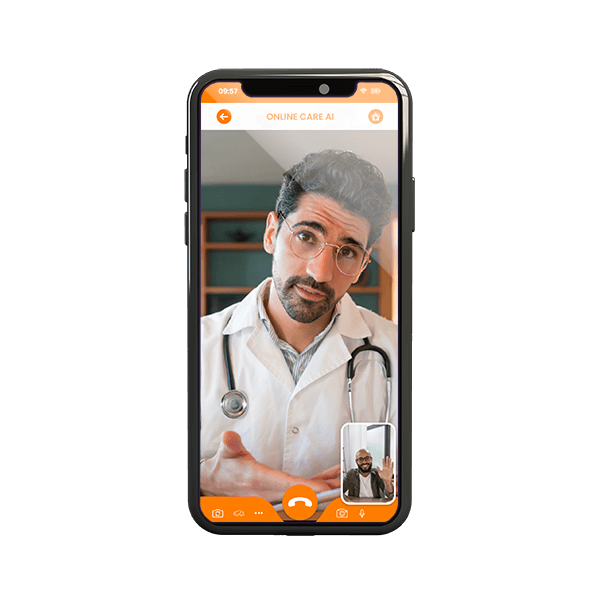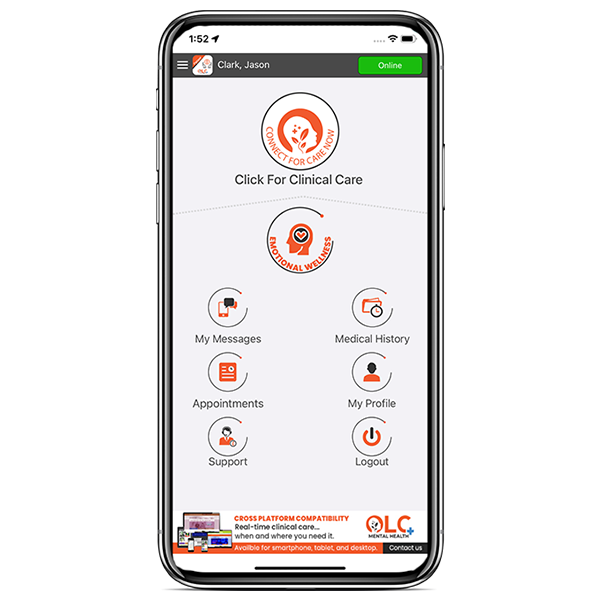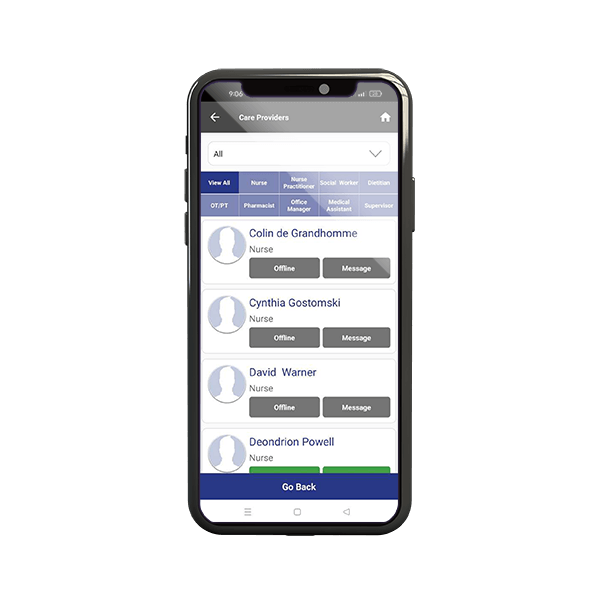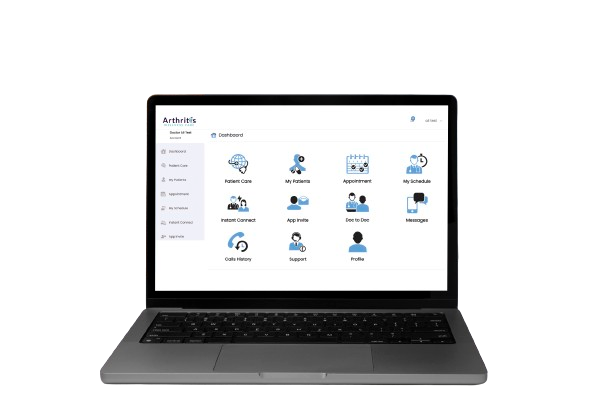
AI - Driven Telehealth
AI-driven TeleHealth enhances digital healthcare by leveraging artificial intelligence for virtual consultations, remote monitoring, personalized treatment plans, diagnostic assistance, and administrative efficiency. It improves access to care, diagnostic accuracy, cost-effectiveness, patient engagement, and proactive health management. However, it also faces challenges related to data privacy, system integration, regulatory compliance, and building trust. Overall, AI-driven TeleHealth represents a significant advancement in making healthcare more accessible, accurate, and efficient.
Click to Connect
AI - Driven Mental Health Solution
AI-driven mental health applications enhance mental health care by using artificial intelligence for virtual therapy sessions, personalized treatment plans, and real-time monitoring. These applications increase accessibility, provide tailored treatments, enable early intervention, and are cost-effective. However, they also face challenges in ensuring data privacy, building trust, navigating regulatory compliance, and integrating with existing systems. Despite these challenges, AI-driven mental health applications significantly improve accessibility, personalization, and proactive mental health care.
Click to Connect

AI - Driven Care Management
AI-driven care management improves healthcare delivery by using artificial intelligence to create personalized treatment plans, enable real-time monitoring, and enhance administrative efficiency. This technology allows for proactive care through early identification of health issues and reduces operational costs by automating tasks such as scheduling and billing. While it significantly enhances patient outcomes and decision-making, it also faces challenges in ensuring data privacy, integrating with existing systems, complying with regulations, and building trust among patients and providers. Overall, AI-driven care management offers a more personalized, efficient, and effective approach to healthcare.

AI - Driven Care Coordination (ACO's)
AI-driven care coordination leverages artificial intelligence to streamline patient care management, ensuring seamless communication among healthcare providers, optimizing care plans, and improving patient outcomes. It enhances communication, personalizes care plans, enables proactive health management, and increases efficiency by automating administrative tasks. Despite challenges in ensuring data privacy, system integration, regulatory compliance, and building trust, AI-driven care coordination significantly improves the connectivity, efficiency, and effectiveness of healthcare delivery.


AI - Driven EMR linked to TeleHealth
AI-driven integration of Electronic Medical Records (EMR) with TeleHealth platforms enhances healthcare delivery by providing seamless access to patient data and improving care coordination. This integration enables real-time access to comprehensive patient records during TeleHealth consultations, ensures personalized care recommendations, and automates administrative tasks to reduce operational costs. It supports better clinical decisions, proactive health management, and improved patient outcomes. Despite challenges related to data privacy, system integration, regulatory compliance, and building trust, AI-driven EMR and TeleHealth integration significantly improves the efficiency and effectiveness of healthcare delivery.





